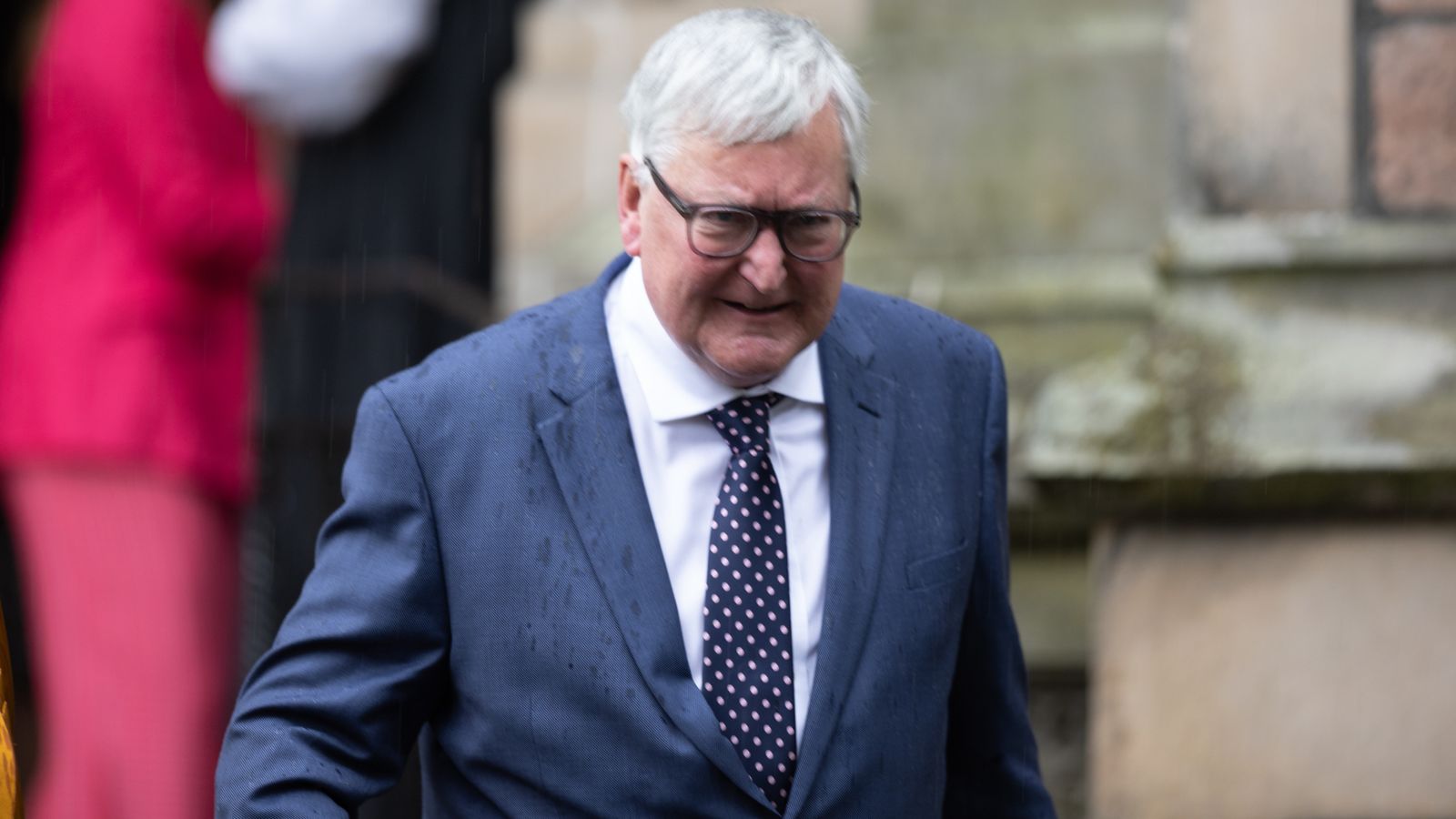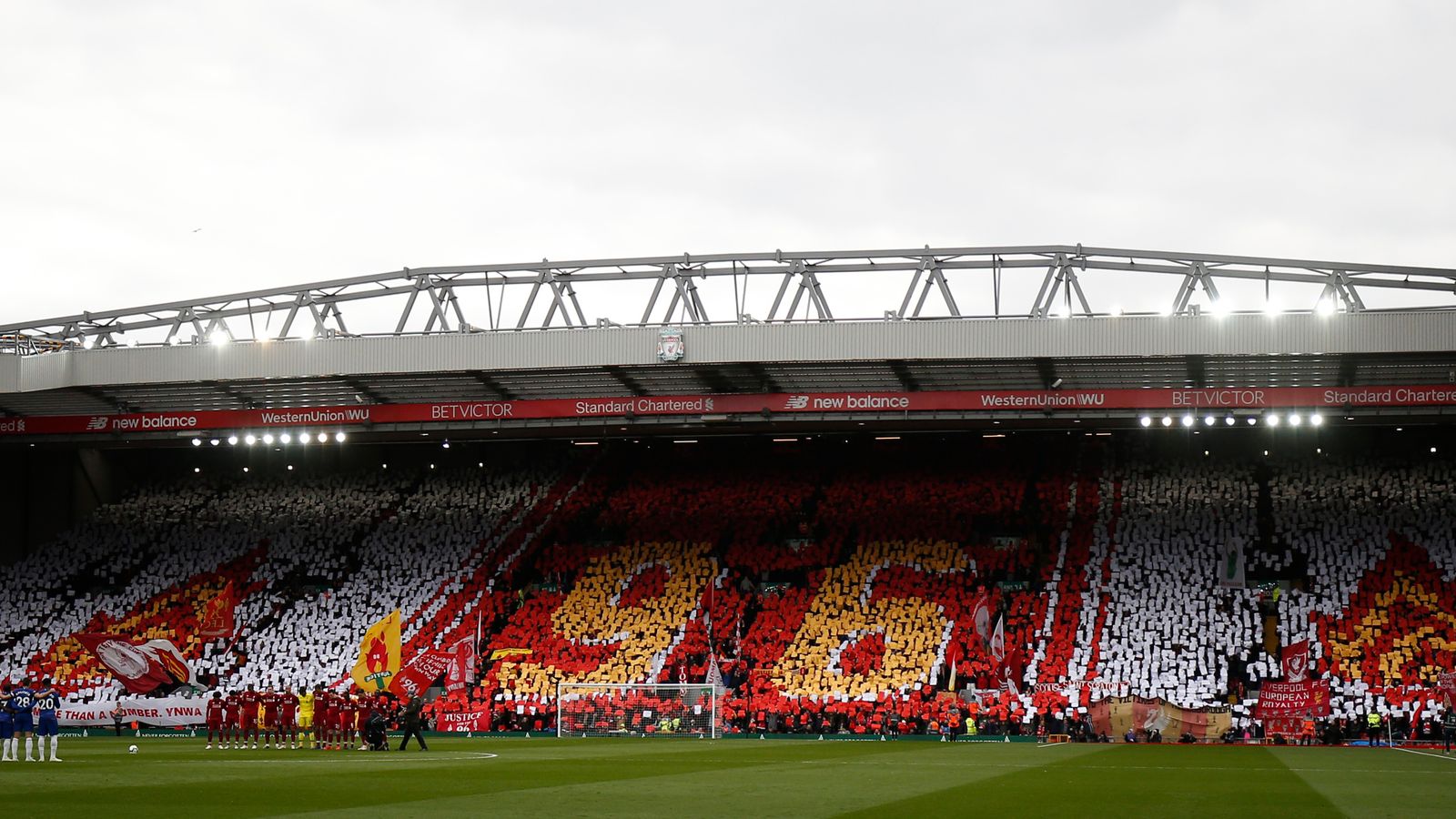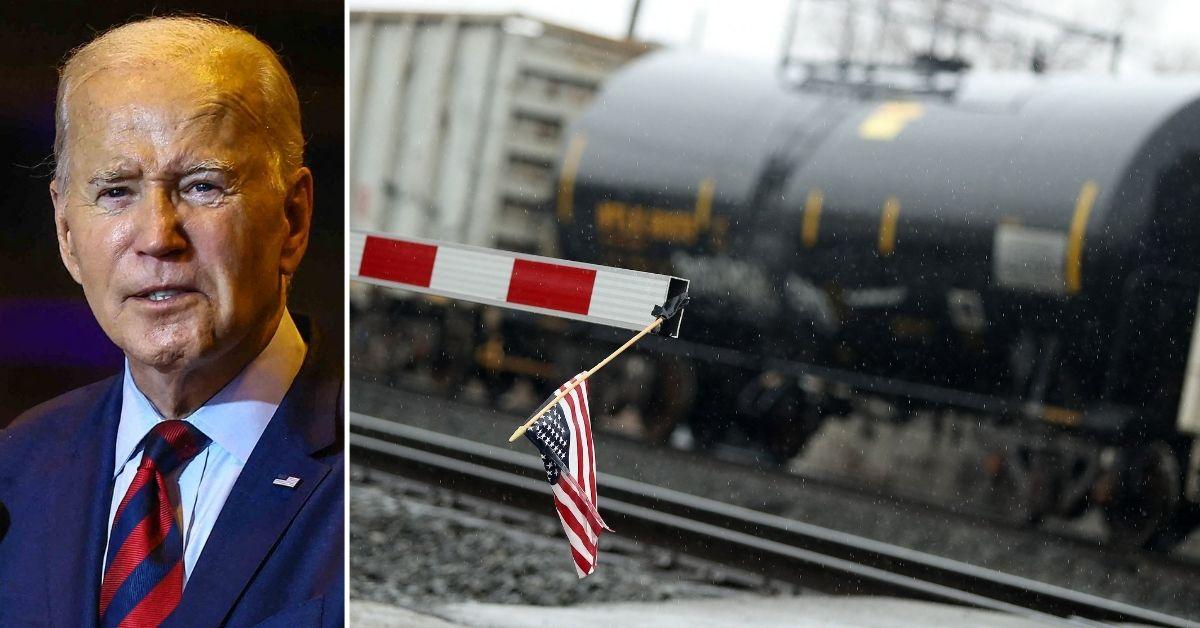NWS welcomes formation of South Holderness GDF Working Group
Nuclear Waste Services (NWS) today welcomes the formation of a new Geological Disposal Facility (GDF) Working Group in South Holderness, East Riding of Yorkshire, to begin engagement about whether the area might be suitable for a GDF.
The Government’s GDF Siting Process in England and Wales is consent-based and requires NWS to identify both a suitable site and a willing host community.
Establishing a GDF Working Group is simply the starting point for a conversation with a local community and is in no way an indication that a GDF will be built in a particular area. One of the Working Group’s tasks will be to engage people across the community to begin to understand the local area and any issues or questions the community might have.
A GDF is internationally recognised by governments and scientists as the only viable permanent solution for the safe disposal of higher-activity radioactive waste in the long-term.
It involves isolating the waste deep underground in suitable geological formations, placing it in highly engineered vaults and tunnels, keeping the waste safe and secure over the many thousands of years it will take for the radioactivity to naturally reduce.
NWS is engaged with three other communities across England about what hosting a GDF could mean for them: two in Cumbria, Mid Copeland and South Copeland, and one in Lincolnshire around Theddlethorpe.
NWS CEO Corhyn Parr, said:
We are delighted to see the formation of the South Holderness GDF Working Group. South Holderness joins three other communities involved in the GDF siting process who are already learning more about this vital project and the benefits and opportunities it could bring, such as the creation of thousands of jobs and opportunities for investment in local infrastructure.
We are looking forward to meeting local people, providing more information, answering questions, and listening to all views. This is a consent-based process, meaning if the community does not express support for a GDF it won’t be built there.
Dr David Richards, independent Chair of the Working Group, said:
The South Holderness GDF Working Group marks the beginning of finding out more about what a GDF is and gives our community an opportunity to share their thoughts about what it means for them.
We want to work with local communities to discuss the potential of a GDF and the establishment of a Community Partnership, which if formed would benefit local good causes through grants of up to £1million pounds per year.
My role as Chair is to make sure local communities have access to information and to understand what people think about a GDF. We look forward to meeting local people and listening to their views.
Councillor Anne Handley, leader of East Riding of Yorkshire Council, said:
East Riding of Yorkshire Council has today accepted the invitation to join the South Holderness GDF Working Group, which is the first step to opening discussions with the community about whether a GDF would be right for the area.
Understanding what a GDF is and exploring the associated benefits is critical to the decision-making process for any community, because it will ultimately be the local community who decide.
NWS will be a member of the South Holderness GDF Working Group, along with the independent Chair, David Richards, an independent facilitator, Invest East Yorkshire (the Interested Party), East Riding of Yorkshire Council and members of the community.
In discussion with Invest East Yorkshire, and based on readily available information about the geology of the area and awareness of existing economic priorities in the region, it is proposed that the Working Group will focus its initial engagement in the southern parts of Holderness. It will gather information about the area, share information about geological disposal, and begin to understand any issues or questions the local community might have. The first in a series of community engagement events will start in February and information is also available on the dedicated South Holderness GDF Working Group website.
The Working Group’s role is to open up engagement with the community, begin the work to understand the local area and identify an initial search area for further consideration. The Working Group will also identify initial members for a GDF Community Partnership, which would take over from the Working Group and be a more enduring vehicle for community engagement and involvement in the siting process, including developing a community vision and distributing community investment funding.
To learn more about GDF, visit: Nuclear Waste Services – GDF Report 2023 (publishing.service.gov.uk)



